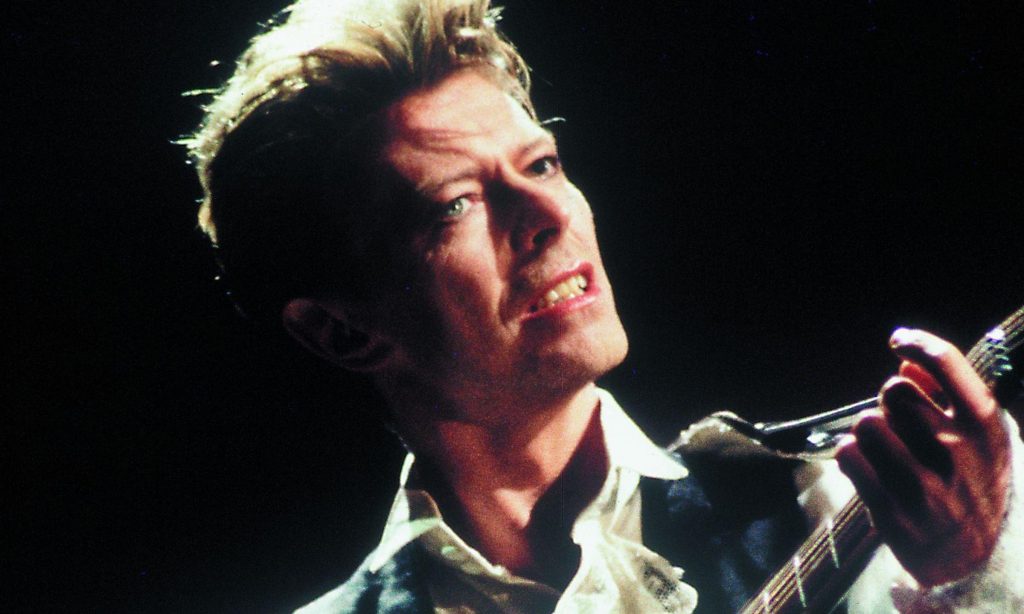Music is a form of art that has been an integral part of human civilization since ancient times. It serves as a universal language that transcends cultural boundaries and has the power to evoke emotions and connect people on a deeper level. From the primitive sounds of drums and flutes to the sophisticated compositions of classical orchestras and modern-day pop and hip-hop, music has evolved and diversified, reflecting the ever-changing human experiences and expressions.
Music is not only a means of entertainment but also a powerful tool for self-expression, social cohesion, healing, and storytelling. It has the ability to narrate tales, convey messages, and express feelings that words alone cannot adequately communicate. Whether it’s a familiar melody that brings back nostalgic memories or an upbeat rhythm that sets the tone for celebration, music has the ability to leave lasting impressions on individuals and communities alike.
The Evolution of Music
Throughout history, music has undergone a remarkable evolution, adapting to the changing world and reflecting the diverse experiences of humanity. From ancient civilizations to modern societies, the styles, instruments, and genres have continuously evolved, giving birth to new sounds and trends. The david bowie albums ranked are a testament to this evolution, showcasing the transformation of music over time.
In ancient times, music was often associated with religious ceremonies and rituals. Instruments such as drums, flutes, and lyres were used to create haunting melodies that elevated the spiritual experience. As societies developed and cultures intermingled, music became a medium for cultural exchange, merging traditional elements with new techniques and instruments.
The Impact of Music on Society
Music has always played a significant role in shaping society and influencing individuals’ lives. From protest songs that fueled social movements to anthems that united nations, music has the power to inspire change. It serves as a platform for artists to express their views on political, social, and environmental issues. The david bowie albums ranked highlight the artist’s ability to use music as a means of self-expression and commentary on the world around him.
Furthermore, music has a profound impact on people’s emotions and well-being. It can evoke memories, soothe the soul, or ignite passions. In therapeutic settings, music is used as a healing tool, aiding individuals in expressing and processing their emotions. Whether it’s through classical compositions or modern pop beats, music has the ability to uplift spirits and bring people together, fostering a sense of unity and solidarity.
In conclusion, music has evolved and diversified over time, reflecting the ever-changing human experiences and expressions. It is a universal language that transcends cultural boundaries and has the power to evoke emotions and connect people on a deeper level. Music serves as a powerful tool for self-expression, social cohesion, healing, and storytelling. It narrates tales, conveys messages, and expresses feelings that words alone cannot adequately communicate. Throughout history, music has adapted to the changing world and reflected the diverse experiences of humanity. It has played a significant role in shaping society and influencing individuals’ lives, inspiring change and serving as a platform for social commentary. Moreover, music has a profound impact on people’s emotions and well-being, serving as a healing tool and fostering a sense of unity and solidarity. Music truly is a powerful force that continues to enrich our lives in countless ways.

